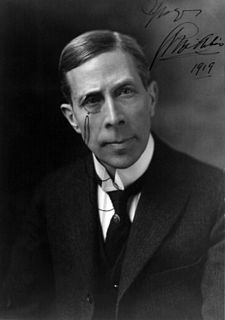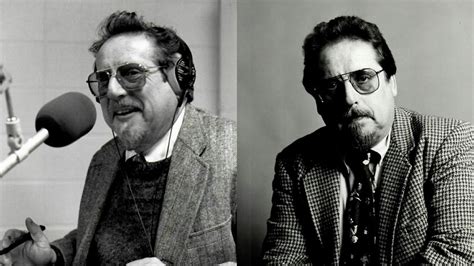A Quote by Sigmund Freud
Only the real, rare, true scientific minds can endure doubt, which is attached to all our knowledge.
Related Quotes
Children, we are told to make an offering at the temple or at the feet of the guru, not because the Lord or guru is in need of wealth or anything else. Real offering is the act of surrendering the mind and the intellect. How can it be done? We cannot offer our minds as they are, but only the things to which our minds are attached. Today our minds are greatly attached to money and other worldly things. By placing such thoughts at the feet of the Lord, we are offering Him our heart. This is the principle behind giving charities.
Rhetoric is useful because the true and the just are naturally superior to their opposites, so that, if decisions are improperly made, they must owe their defeat to their own advocates; which is reprehensible. Further, in dealing with certain persons, even if we possessed the most accurate scientific knowledge, we should not find it easy to persuade them by the employment of such knowledge. For scientific discourse is concerned with instruction, but in the case of such persons instruction is impossible.
And last of all we have the secondary forms of crystals bursting in upon us, and sparkling in the rigidity of mathematical necessity and telling us, neither of harmony of design, usefulness or moral significance, nothing but spherical trigonometry and Napier's analogies. It is because we have blindly excluded the lessons of these angular bodies from the domain of human knowledge that we are still in doubt about the great doctrine that the only laws of matter are those which our minds must fabricate, and the only laws of mind are fabricated for it by matter.
I am convinced that it is impossible to expound the methods of induction in a sound manner, without resting them upon the theory of probability. Perfect knowledge alone can give certainty, and in nature perfect knowledge would be infinite knowledge, which is clearly beyond our capacities. We have, therefore, to content ourselves with partial knowledge - knowledge mingled with ignorance, producing doubt.
The fact that these scientific theories have a fine track record of successful prediction and explanation speaks for itself. (Which is not to say that I don't directly discuss the work of those philosophers who would disagree.) But even if we grant this, many will argue that scientific knowledge in humans, and, indeed, reflective knowledge in general, is quite different in kind from the knowledge we see in other animals.
Then may we not fairly plead in reply that our true lover of knowledge naturally strives for truth, and is not content with common opinion, but soars with undimmed and unwearied passion till he grasps the essential nature of things with the mental faculty fitted to do so, that is, with the faculty which is akin to reality, and which approaches and unites with it, and begets intelligence and truth as children, and is only released from travail when it has thus reached knowledge and true life and satisfaction?






































